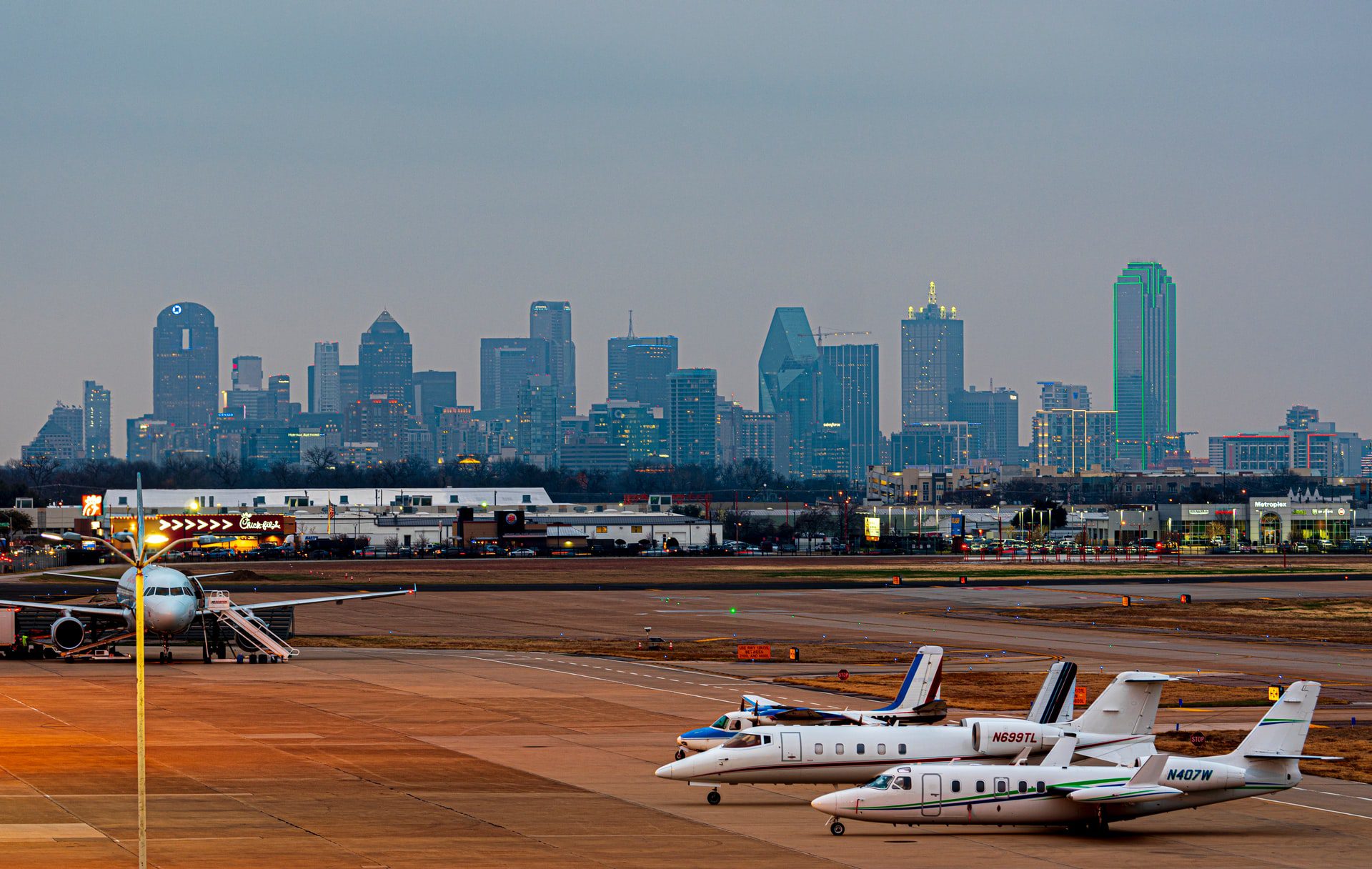How Remote Work at This Consulting Firm Will Boost Regional Airports

Skift Take
Airlines across the U.S. may need to draw up new plans for their fleets and networks, following global consultancy PwC’s decision to allow its 40,000 client services employees to work remotely.
It’s the first of the so-called “big four” accountants to draw a line in the sand when it comes to outlining future work patterns, and some experts suggest the biggest impact could be on the aviation sector if Deloitte, EY and KPMG follow suit.
PwC's employees have been told they can work virtually and live anywhere they want, making it one of the biggest employers to embrace permanent remote work, Reuters reported, with PwC's deputy people leader Yolanda Seals-Coffield claiming it was the first in its industry to make full-time virtual work available to client services employees.
Employees who do choose to work virtually would need to visit an office a maximum of three days a month for in-person appointments, such as critical team meetings, client visits or training.
With more consultants dispersed across the country, there’ll be greater reliance on local airports.
“This is a big deal,” said Will Tate, partner at GoldSpring Consulting. “Working from home changes travel patterns. Airports will be used that are closer to their homes versus offices, so new travel patterns could change connection possibilities and carrier selections."
In 2019, PwC spent $325 million on U.S. flights, making it the sixth biggest spender according to BTN's 2020 Corporate Travel 100. Last year this dropped to $55 million because of the pandemic.
In 2019, Deloitte spent $583.1 million on flights in the U.S. and was ranked the biggest spender. EY spent $346.8 million, and KPMG $209 million.
“PwC is a travel leader, both in thought and spend, meaning this choice will likely influence others to consider the same. That could move a huge volume of spend,” Tate added.
With this potential shift away from historical spend patterns, new partnerships between company travel managers and airlines are also likely to be formed, creating urgency for airline assessments and requests for proposals.
There's also been a rise in GoldSpring's customers driving their own vehicles for short business trips, rather than flying, which further disrupts short-haul markets.
Partner Power
The pandemic slashed the big four's overall air volume in 2020. Combined, they spent almost $1.5 billion on flights in the U.S. in 2019 — this plummeted to $290.1 million a year later due to Covid-19 travel restrictions.
However, we shouldn't rule out a significant return. While it's unlikely there'll be a return to 2019's levels anytime soon, in-person meetings are intrinsic to the nature of the accountant's work.
"Consultants have professional obligations when they audit a customer," said Mark Williams, managing director, US, at consultancy Nina & Pinta, and a former PwC consultant himself. "If partners need to travel with, say, six juniors, they will."
Partners have a fair degree of autonomy too. "If they want to travel, no one’s going to say no to them," he added.
Williams also predicted an uptick in aircraft like the Airbus A220 and A319, which are suited to short and medium-haul routes, being deployed across regional airports.




